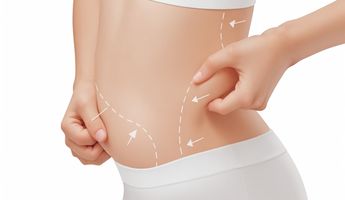Vaser-Liposuction in Tunisia
Find the best clinics for Vaser-Liposuction in Tunisia
No pricing info available
Thailand offers the best prices Worldwide
Price: $ 236
Clinic Apollon, located in Boulevard Mohamed Bouazizi, Tunis, Tunisia offers patients Vaser-Liposuction procedures among its total of 90 available procedures, across 1 different specialties. Currently, there's no pricing information for Vaser-Liposuction procedures at Clinic Apollon, as all prices are available on request only. All procedures and treatments are undertaken by just a small team of specialists, with 2 in total at the Clinic, and they are not accredited by any recognized accreditations institutes
Compare Before & After Photos of _procedure_photos.phpVaser-Liposuction
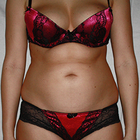
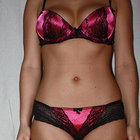
Front view
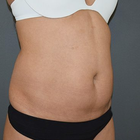
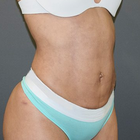
Half-side view
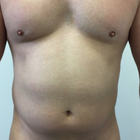
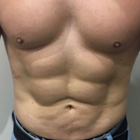
Front view
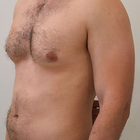
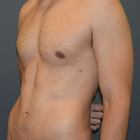
Half-side view
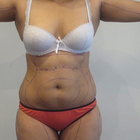
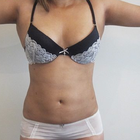
Front view
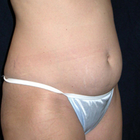
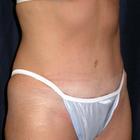
Half-side view
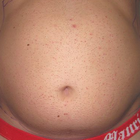
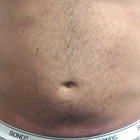
Front view
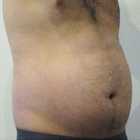
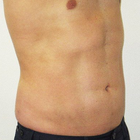
Half-side view
WHY US?
At Medijump, we're making medical easy. You can search, compare, discuss, and book your medical all in one place. We open the door to the best medical providers worldwide, saving you time and energy along the way, and it's all for FREE, no hidden fees, and no price markups guaranteed. So what are you waiting for?

Free

Best Price

Widest Selection

Risk-Free
What you need to know about Vaser-Liposuction in Tunisia
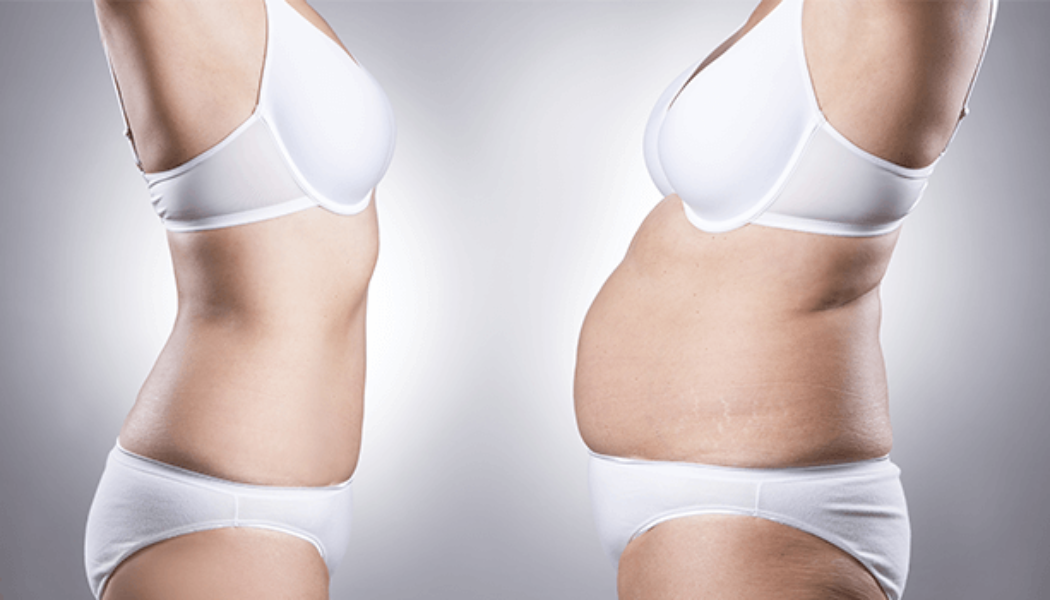
Vaser liposuction, also referred to as Vaser Lipo for short, is a type of cosmetic treatment performed to change the contours and shape of the body by eliminating stubborn fat deposits. Vaser stands for Vibration Amplification of Sound Energy Resonance, which is a specialized ultrasound technology that sends out ultrasonic frequency waves to break down fat cells from desired areas of the patient. Once the fat cells have been broken down, the surgeon can perform the liposuction part of the procedure, which is removing excess fat through a suction process.
Vaser Liposuction has become increasingly popular because the specialized ultrasound technology increases the accuracy of the procedure and minimizes damage to the surrounding tissue, which results in less bruising and pain compared to traditional liposuction. Also, since the fat cells are specifically targeted, the result is much more sculpted and smoother than traditional liposuction. Vaser Liposuction can be performed in many areas of the body, including the abdomen, back, arms, flanks, neck, thighs, calves, ankles, hips, buttocks, and under the chin.
Like other liposuction techniques, it is important to note that Vaser Liposuction is not a weight loss solution. The procedure is intended to contour the body, reduce stubborn excess fat, and reveal muscle tone underneath the fat. You must already be healthy and within your target weight before you consider undergoing this procedure. It
What does a Vaser-Liposuction Procedure Involve?
To begin the procedure, your surgeon injects a saline-anesthetic solution mixture or tumescent solution directly into treatment areas. This solution is used to expand the fat compartment and tightens small blood vessels. It also helps to start the breakdown of the fat cells and protects other tissues. Tiny incisions are then created in the targeted area to insert the Vaser ultrasonic probes. The vibration from the ultrasound will break down the fat. Once the fat is broken down, your surgeon will use a small cannula to remove the fat cells and liquid. Because the fat is broken down with the ultrasound, the fat extraction with the liposuction cannula is easier and less traumatic than in traditional liposuction.
Vaser Liposuction can be carried out under local anesthetic with minimal oral sedation, general anesthetic, or intravenous sedation. If the procedure is performed under local anesthesia, you may feel slight pinching and pressure when the liposuction part is performed.
How Long Should I Stay in Tunisia for a Vaser-Liposuction Procedure?
Vaser Liposuction takes around 2 to 5 hours to complete. After the procedure, you may have to stay in the hospital overnight if general anesthesia is used. However, if local anesthesia is used you should be able to leave the hospital on the same day once the effects of the anesthetic wear off.
Since your surgeon will schedule follow-up appointments to monitor your healing and remove your stitches, you may need to stay in Tunisia for several days following the surgery. The recommended length of stay in the country is about three to seven days.
What's the Recovery Time for Vaser-Liposuction Procedures in Tunisia?
The recovery period of Vaser Liposuction is typically short, but it depends on your general health and treated area. In general, you should be able to return to work and most of your daily activities within two to seven days. You also need to refrain from exercise or other forms of strenuous activities for about 2 weeks. However, if you have gone through a more extensive procedure, you need to prepare for a longer recovery period. The overall recovery time may take up to 24 days following the Vaser Liposuction.
What sort of Aftercare is Required for Vaser-Liposuction Procedures in Tunisia?
Your surgeon will give you specific post-operative instruction. You must follow all the instructions closely to help you heal quickly and smoothly, as well as to avoid any possible complications. It is important that you rest as much as possible during the first few days. You may feel some pain and discomfort, but your surgeon will prescribe pain medication to help manage the discomfort.
It is important that you maintain a healthy lifestyle by following a healthy diet and exercising regularly to keep the results of your Vaser Liposuction. While mild weight fluctuations will go unnoticed, significant weight gain will become noticeable. Therefore, have a well-balanced diet, avoid too many sweets, and stay away from fast food.
What's the Success Rate of Vaser-Liposuction Procedures in Tunisia?
Approximately 90% of women and men who have gone through Vaser Liposuction reported having achieved their target. The results of the procedure may be seen immediately, but the most significant improvement will appear in 6 to 8 weeks following the procedure. It may take about 6 months to achieve the final results.
Again, your new look will only remain if you take care of yourself. The results will not be permanent if you do not stick to an active and healthy lifestyle. The procedure is designed to give you a little boost and to get rid of persistent fat that you cannot remove easily through a healthy diet and exercise.
While risks and side effects of Vaser Liposuction rarely occur, it is best that you are aware of them. The risks and side effects are:
- The ultrasound device may burn your skin and tissues.
- Skin discolorations.
- Skin from the affected area may be wavy, dimpled, or saggy.
- The formation of scar tissue.
- Swelling.
- The remaining fat cells can expand.
- To further minimize the risks, make sure you choose a skilled and experienced surgeon.
Are there Alternatives to Vaser-Liposuction Procedures in Tunisia?
If you do not want to undergo Vaser Liposuction or you are not an ideal candidate for the procedure, you can opt for the nonsurgical alternatives:
- CoolSculpting works by freezing stubborn fat cells in certain areas of the body. The freezing temperature can destroy fat cells permanently. This type of procedure can remove fat cells from certain areas of the body, particularly belly fat, back fat, love handles, arm fat, or a double chin.
- Sculpsure uses a laser beam to heat fat cells until they become irreversibly damaged. This procedure is very quick and requires almost no downtime.
Whilst the information presented here has been accurately sourced and verified by a medical professional for its accuracy, it is still advised to consult with your doctor before pursuing a medical treatment at one of the listed medical providers
No Time?
Tell us what you're looking for and we'll reachout to the top clinics all at once
Enquire Now

Popular Procedures in Tunisia
Prices Start From $111

Prices Start From $120

Prices Start From $931

Prices Start From $76

Recommended Medical Centers in Tunisia for Vaser-Liposuction

- Interpreter services
- Translation service
- Religious facilities
- Medical records transfer
- Medical travel insurance
- Health insurance coordination
- TV in the room
- Safe in the room
- Phone in the room
- Private rooms for patients available

- Interpreter services
- Translation service
- Religious facilities
- Medical records transfer
- Medical travel insurance
- Health insurance coordination
- TV in the room
- Safe in the room
- Phone in the room
- Private rooms for patients available

- Interpreter services
- Translation service
- Religious facilities
- Medical records transfer
- Medical travel insurance
- Health insurance coordination
- TV in the room
- Safe in the room
- Phone in the room
- Private rooms for patients available

- Interpreter services
- Translation service
- Religious facilities
- Medical records transfer
- Medical travel insurance
- Health insurance coordination
- TV in the room
- Safe in the room
- Phone in the room
- Private rooms for patients available

- Interpreter services
- Translation service
- Religious facilities
- Medical records transfer
- Medical travel insurance
- Health insurance coordination
- TV in the room
- Safe in the room
- Phone in the room
- Private rooms for patients available

- Interpreter services
- Translation service
- Religious facilities
- Medical records transfer
- Medical travel insurance
- Health insurance coordination
- TV in the room
- Safe in the room
- Phone in the room
- Private rooms for patients available

- Interpreter services
- Translation service
- Religious facilities
- Medical records transfer
- Medical travel insurance
- Health insurance coordination
- TV in the room
- Safe in the room
- Phone in the room
- Private rooms for patients available

- Interpreter services
- Translation service
- Religious facilities
- Medical records transfer
- Medical travel insurance
- Health insurance coordination
- TV in the room
- Safe in the room
- Phone in the room
- Private rooms for patients available

- Interpreter services
- Translation service
- Religious facilities
- Medical records transfer
- Medical travel insurance
- Health insurance coordination
- TV in the room
- Safe in the room
- Phone in the room
- Private rooms for patients available

- Interpreter services
- Translation service
- Religious facilities
- Medical records transfer
- Medical travel insurance
- Health insurance coordination
- TV in the room
- Safe in the room
- Phone in the room
- Private rooms for patients available
